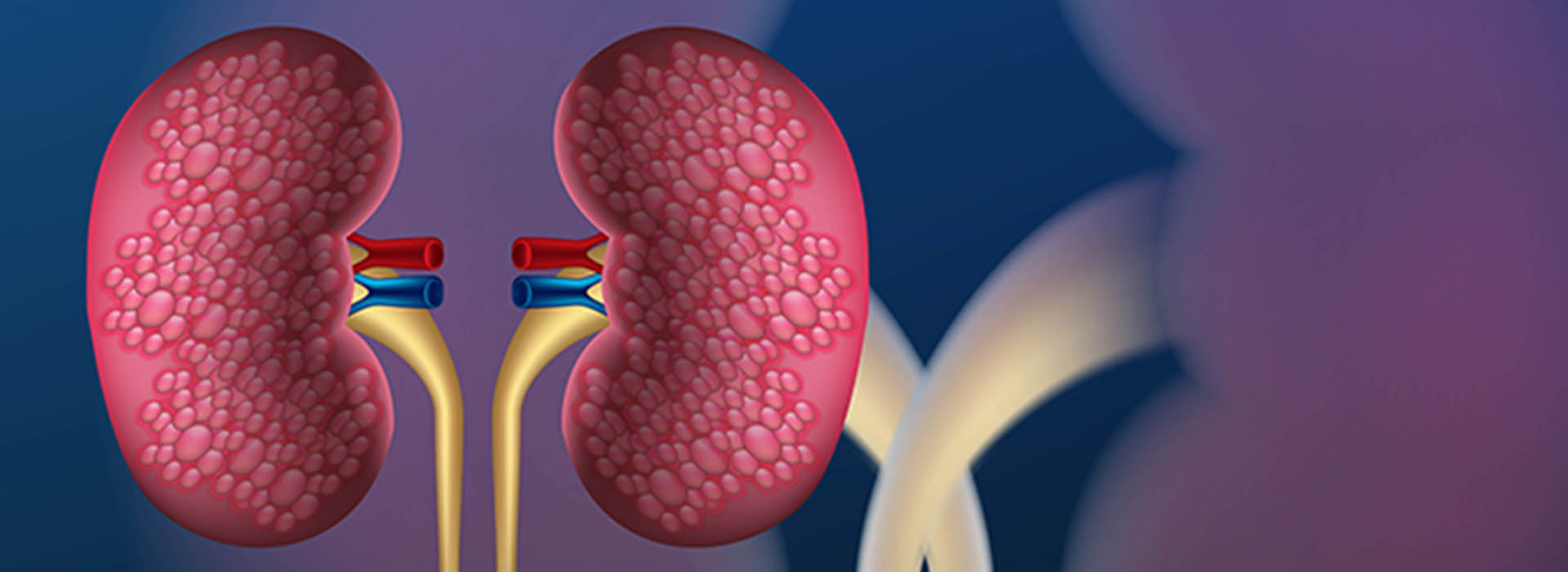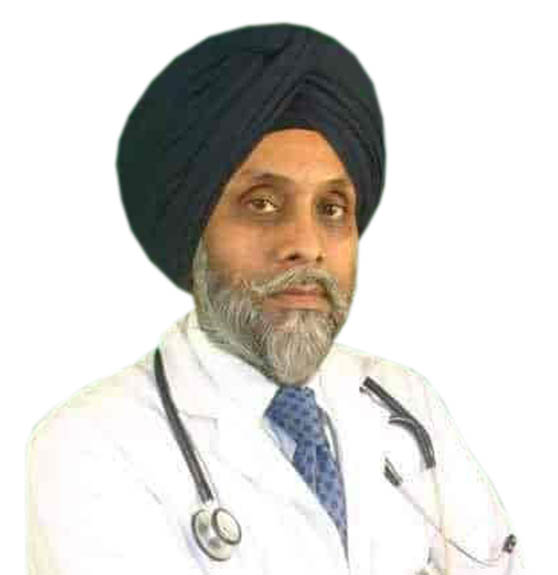
Nephrology concerns the diagnosis and treatment of kidney diseases, including electrolyte disturbances and hypertension, and the care of those requiring renal replacement therapy, including dialysis and renal transplant patients.The word 'dialysis' is from the mid-19th century: via Latin from the Greek word 'dialusis'; from 'dialuein' (split, separate), from 'dia' (apart) and 'luein' (set free). In other words, dialysis replaces the primary (excretory) function of the kidney, which separates (and removes) excess toxins and water from the blood, placing them in the urine.The mission of the Nephrology department at Bhatia hospital is to provide the highest quality of medical services to help patients suffering from various acute as well as chronic kidney diseases and kidney failure. The department provides all forms of dialysis including hemodialysis and peritoneal dialysis. It has an active renal transplant programme with around 100 transplants being performed every year. This is predominantly a living donor transplant programme.
PROCEDURES AVAILABLE: Bhatia hospital’s Nephrology department provides comprehensive treatment for kidney issues, hypertension-induced kidney disease, transplant support, haemo-dialysis and peritoneal dialysis.
Hemodialysis, Hemodiafiltration, Sustained low-efficiency dialysis (SLED), Peritoneal dialysis, Kidney biopsy, IJV catheter insertion, CAPD catheter insertion, Permacath insertion Kidney transplantation, Pre-transplant evaluation and pre-transplant care kidney transplant recipients, Post-transplant long-term care for kidney transplant recipients, Pre-transplant evaluation and pre-transplant care for living kidney donors, Pre-emptive kidney transplant (leading to better long-term prognosis for certain patients), Swap transplants, ABO incompatible transplants Dialysis services, In-center hemodialysis and peritoneal dialysis, Critical care, 24-hour emergency dialysis services, Educational programs for dialysis patients and their families
Treatment
Temporary Dialysis Catheter (Jugular, Femoral)
It is a flexible, hollow tube inserted into a large vein in your neck, chest, or leg near the groin which allows the blood to flow into and out of your body. To decrease the pain and to avoid complications we are using USG guidance during its insertion. This is generally kept for a small period of 3-4 weeks.
PermaCath Insertion
(Tunneled Catheter) PermaCath tunneled Central Venous Catheter (CVC) is a special type of intravenous (IV) line that is placed into a large vein through a tunneled approach via chest. It can be used over a long period of time. We are doing its insertion in OT to maintain proper asepsis. The catheter will last anywhere from 6-12 months depending on its care.
Hemodialysis
Dialysis replaces some of the functions when your kidneys no longer work. In hemodialysis, a dialysis machine and a special filter called an artificial kidney, or a dialyzer, are used to clean your blood. We are using the latest and most sophisticated machines for better clearance and fewer complications. To get your blood into the dialyzer, the nephrologist always advises for the timely creation of access, or entrance, into your blood vessels known as AV fistula.
Hemodialysis
Dialysis replaces some of the functions when your kidneys no longer work. In hemodialysis, a dialysis machine and a special filter called an artificial kidney, or a dialyzer, are used to clean your blood. We are using the latest and most sophisticated machines for better clearance and fewer complications. To get your blood into the dialyzer, the nephrologist always advises for the timely creation of access, or entrance, into your blood vessels known as AV fistula
Kidney Biopsy
A kidney biopsy involves taking two very tiny pieces (samples) of your kidney to look at with special microscopes to diagnose kidney diseases at early stages so that we can halt the damage to kidneys. The biopsy sample is taken by a kidney specialist through the skin with a very fine needle under USG guidance to increase precision. Its highly safe procedure takes just 2 minutes and we generally keep the patient for 4-6 hours in observation.
Kidney Transplant Care
Kidney Specialists or Nephrologists have a key role to play in kidney transplant care. It starts from the selection of suitable donors in the family to pre and post-op care of both donor and the recipient.

DM (Neurology)